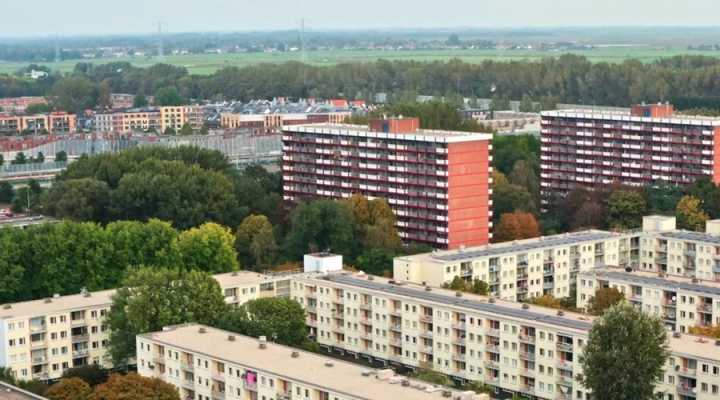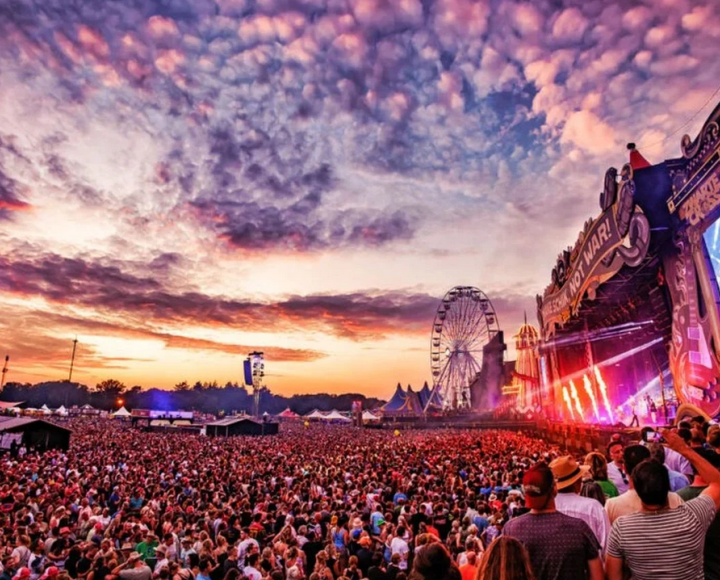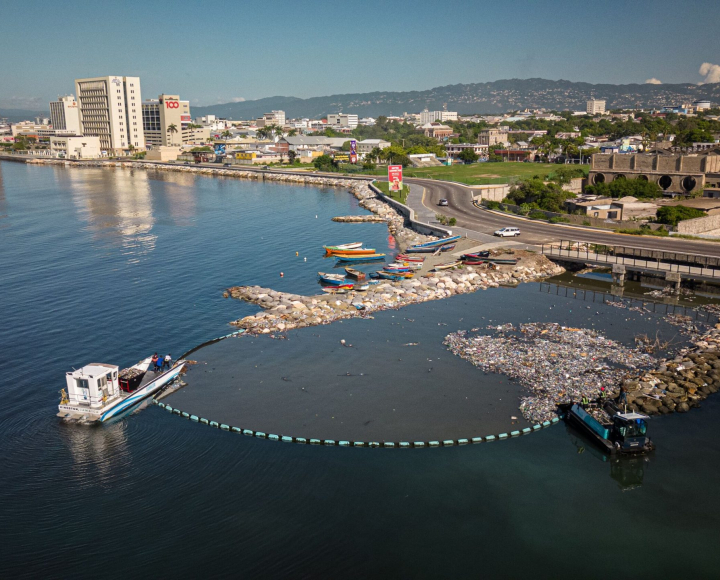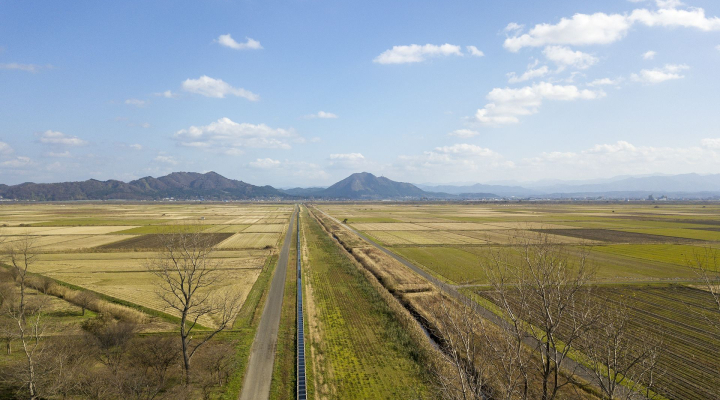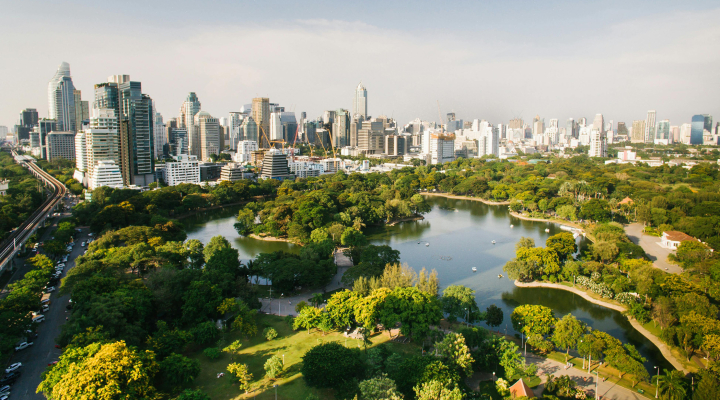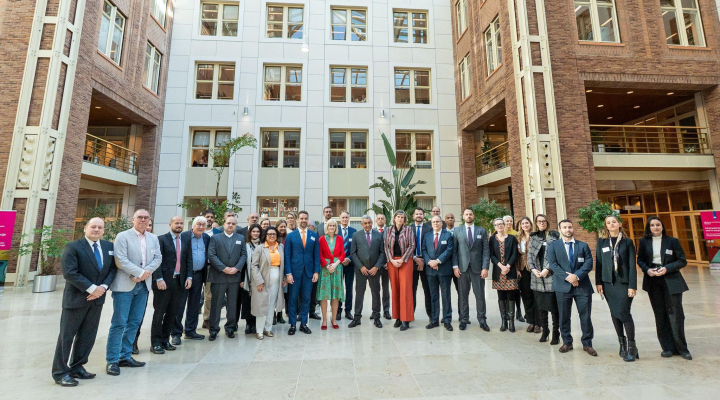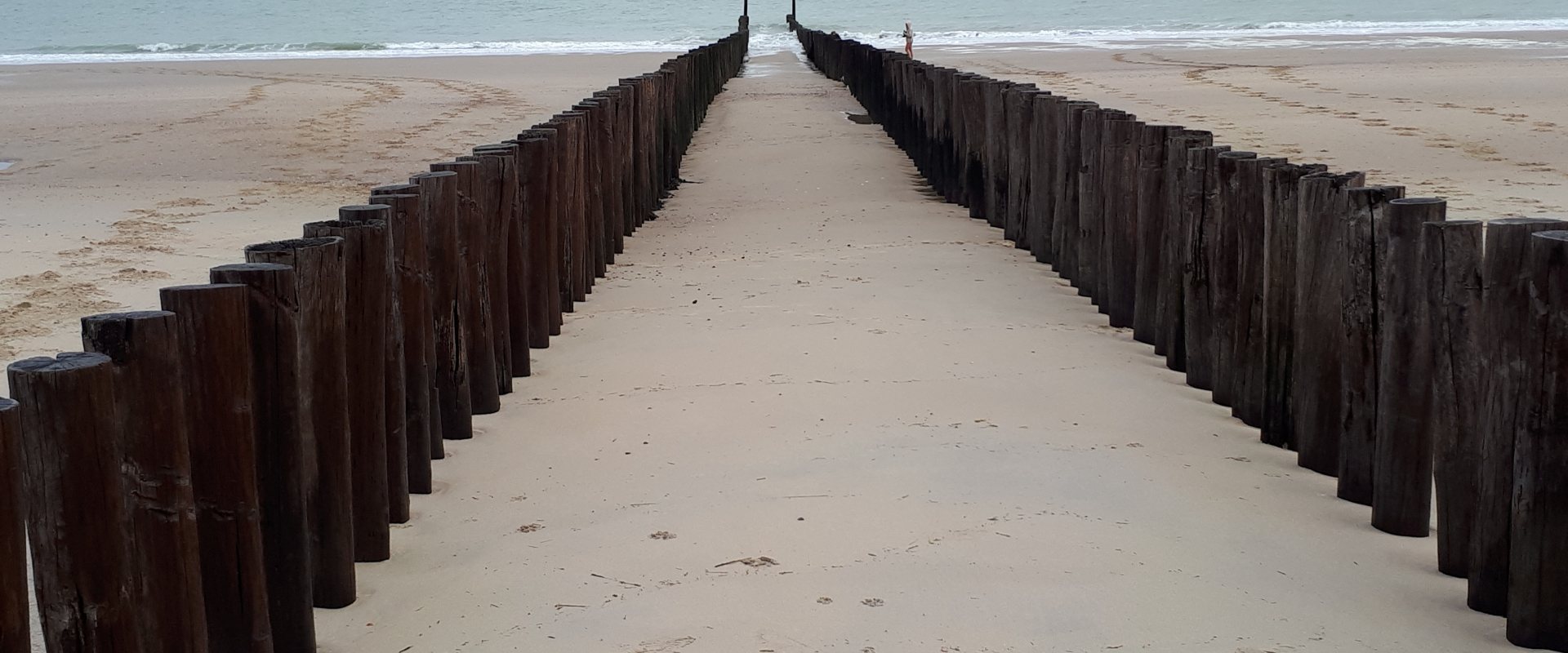
Outlook 2021: we need a double smart water infrastructure
As we roll into 2021 the Covid-19 vaccines start to bring relief. There is light at the end of the tunnel again. We can only assume that in the coming months the global fight against the corona virus will continue to capitalize on the efforts to achieve the SDG Agenda that includes universal access to clean water and sanitation by 2030. Is it too optimistic to expect that the global water sector can push the needle again this year?
A personal outlook on 2021 by Dutch Water Sector editor Jac van Tuijn.
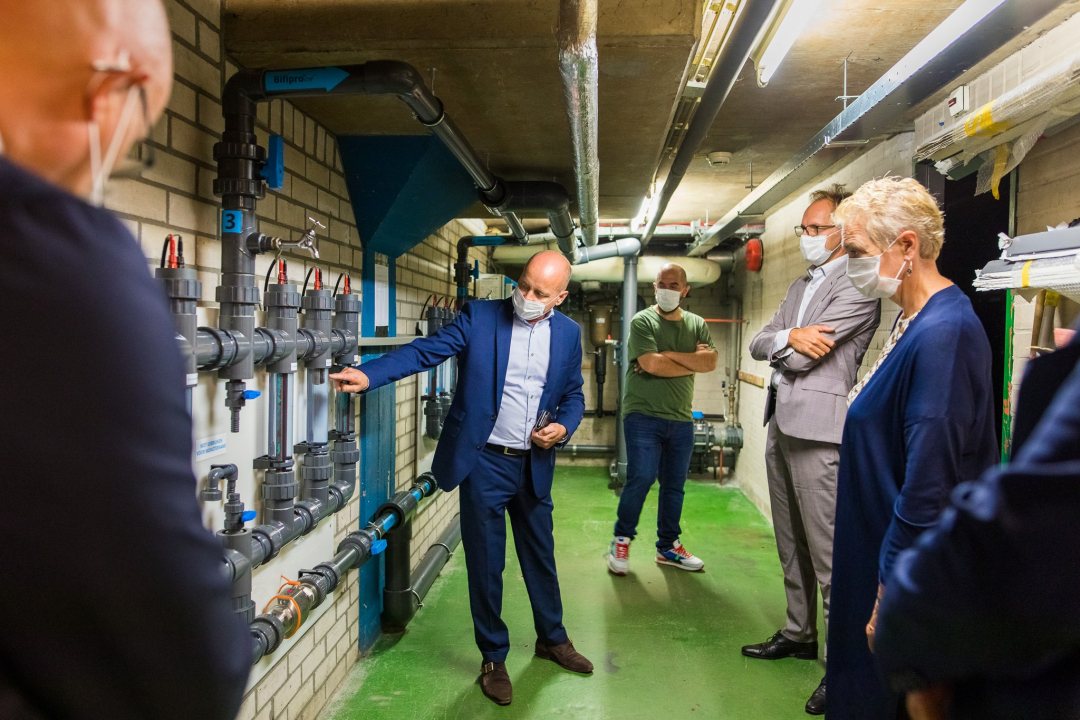

The final blow
The start of the vaccination schemes is good news. Can we expect that the Covid-19 virus can be given a final blow already this year? This uncertainty makes it even harder to predict what the global water sector can do to achieve SDG#6 with lockdowns and social distancing delaying many projects.
It will not be until the final blow, that we know what has been the full impact of the corona-pandemic. For sure it widened the gap between rich and poor. But what else has gone unnoticed and what will happen when normal live, without restrictions, picks up again.
The good news is that the transition to a low carbon economy kept its momentum and in the long term this will ease global warming. This, however, does not take away that water-related disasters such as floods and droughts will occur more frequently. Not only as a result of climate change, but also because of bad land management and unbridled urbanisation.
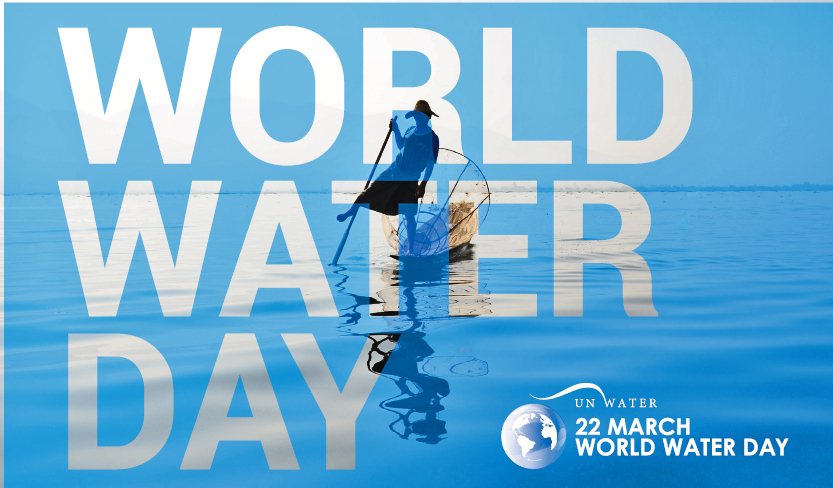

Complicated water issues to solve
Over the horizon of the Covid-19 pandemic loom three global water issues. It concerns poor water services (water supply and waste water treatment), degradation of water resources (both in quality and quantity) and increasing water-related disasters (both in intensity and frequency). Three different issues, each with its own set of actors and circumstances.
If we manage to halt the pandemic this year, the focus for the global water community will be back again on the overdemand of fresh water because of population growth and increasing prosperity. This of course raises the question of the true value of water, also the theme of this year’s World Water Day on 22 March.
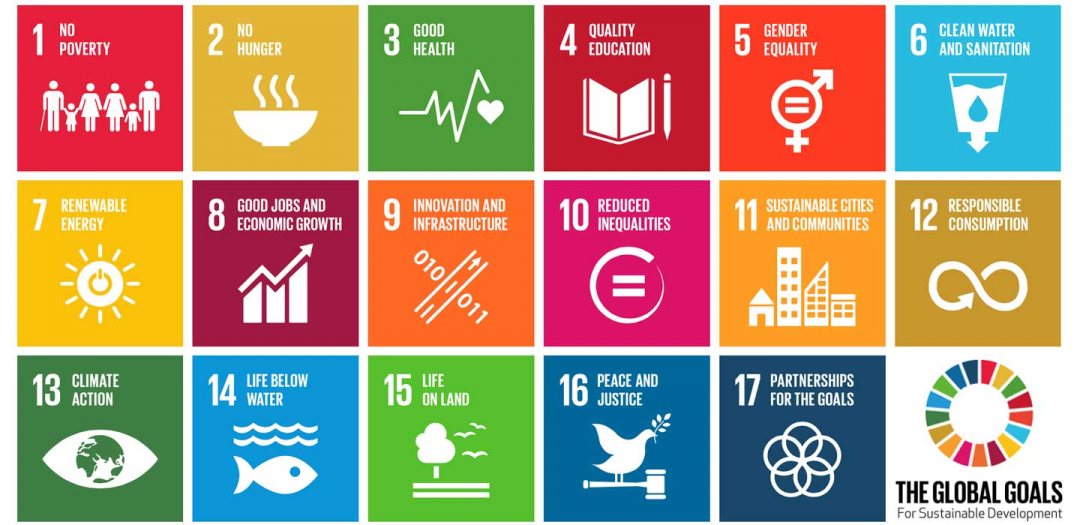

Call for higher price for fresh water
In a fully free economic market an overdemand for fresh water would increase the price. However, the overdemand in the water market is often not addressed by raising tariffs but by transportation of fresh water from further away or, in case of groundwater, from deeper wells. For the short term this will result in only a small increase in costs but in the long term leads to a water crisis, as already manifested in Cape Town and Sao Paulo.
The water crisis in these cities showed that the price of water is too low to trigger an effective approach to water use and water re-use. Higher water prices, however, would make water less accessible for poor people and directly conflicts with the human right for water. And it will make it harder to achieve the SDG#6 goals by 2030.
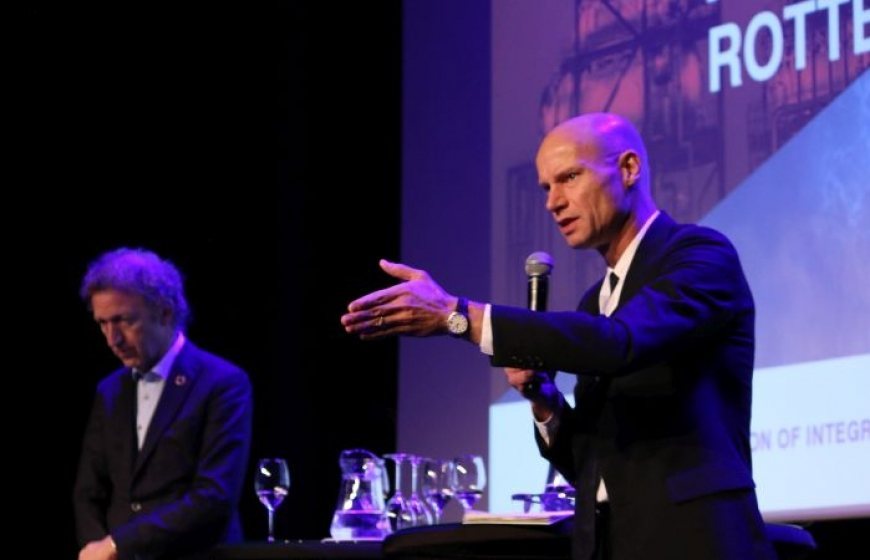

True value of water
The issue of water pricing is even more intricate. It is not only about the cost recovery for the delivery of piped or bottled water. In a more broader human perspective, it includes social, environmental and cultural values as well. The problem is that these ‘soft’ values are hard to express in real dollars, yuans or euros.
That makes it difficult to understand that water rights can be traded as if it is a commodity. Last year the Chicago Mercantile Exchange introduced the possibility to speculate on Californian water rights. Water for the highest bidder. A topic that will be high on the agenda of the water community in 2021. How to value water and keep it accessible for everybody?
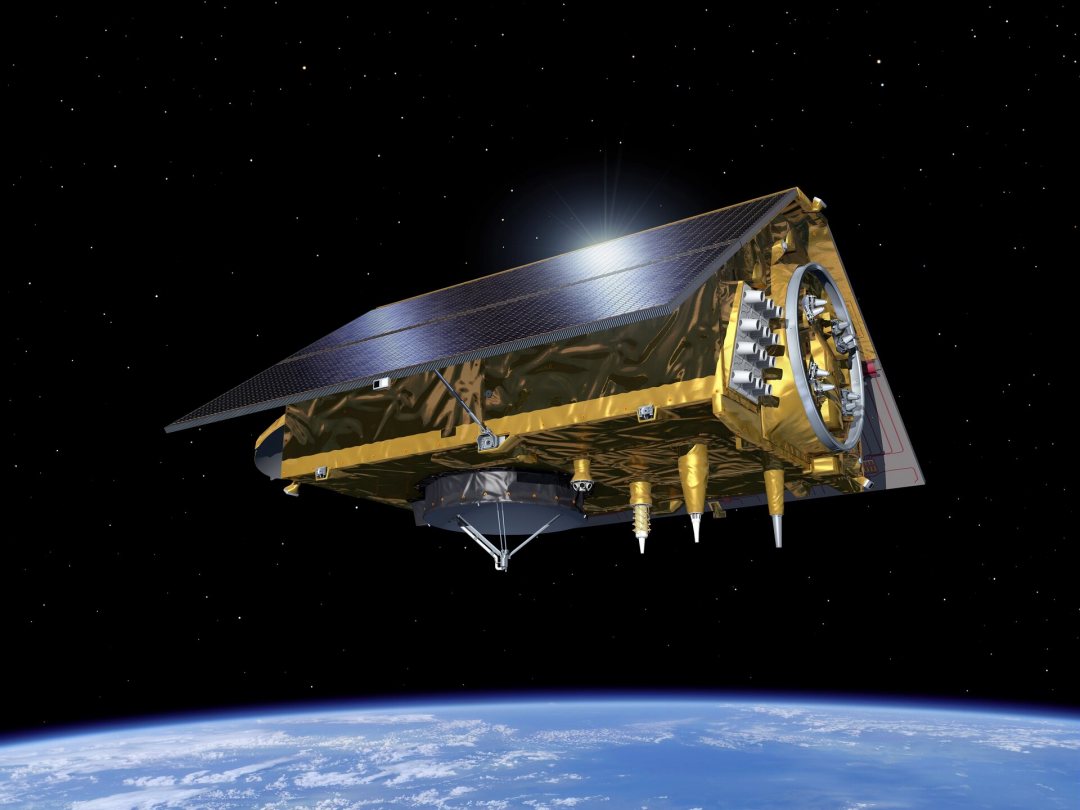

Double smart water infrastructure
No more stupid water infrastructure, we hear Dutch water envoy Henk Ovink repeatedly say. Ageing infrastructure is too often replaced by new facilities that are designed on criteria from the past. This is in conflict with the impacts of climate change we anticipate and our ambition to achieve all goals of the UN 2030 agenda.
Smart technology, in the sense of digitalisation, can be of help. Better monitoring and artificial intelligence make water treatment more efficient. The use of satellite data enables us to keep a closer eye on our water resources and weather events.
However, efficiency improvement will not be enough. With only nine years to go, our water infrastructure should become double smart. Next to the digitalisation that is already taking place, the water infrastructure should also become more robust to withstand more extreme weather events and to be more flexible to meet the fast changes in society.
The Covid-19 economic recovery packages with the proposed investments of trillions of euros, yuans and dollars, provide an opportunity to realise such a double smart water infrastructure. Here is work to do for 2021 as this can only happen if the criteria for return on investment leave more room for uncertainties.
Dutch perspective
The Dutch water sector will continue to contribute to these global challenges in 2021 as well. As a low-lying country it developed enormous knowledge and experience on flood prevention. Participation in international programmes and events will again assure that this knowledge is transferred to other countries that face increasing river discharges and sea level rise.
Over the last ten years, the Dutch water sector has also developed an impressive network for innovative water treatment technologies that is available to the global water market. And the water aid projects have moved beyond the installation of more water pumps, and is now focusing on the organisation and financing of water services that local communities can introduce and maintain themselves.
Despite the Covid-19 pandemic, two global events will take place in The Netherlands this year. In 25/26 January there will be a 24-hours live streamed conference on climate adaptation, the Climate Adaptation Summit. World leaders will join and create momentum for an action agenda to scale up climate adaptation projects.
The second event is the Amsterdam International Water Week on 2 – 5 November. This sixth edition will focus on blue-green deals that not only bring climate-proof water infrastructure but also make cities more liveable.
Next to these two global events, the Dutch water sector will continue to seek international partnerships to bring new promising water solutions to scale.




